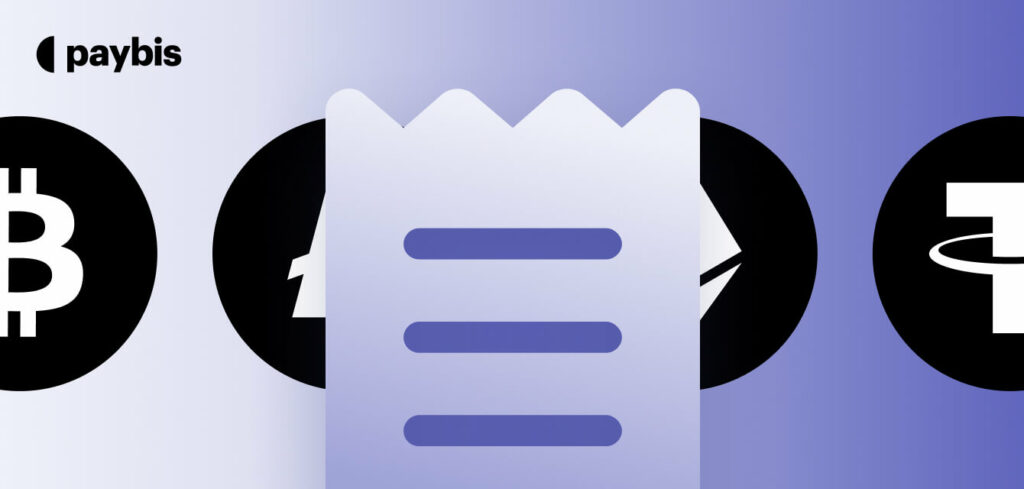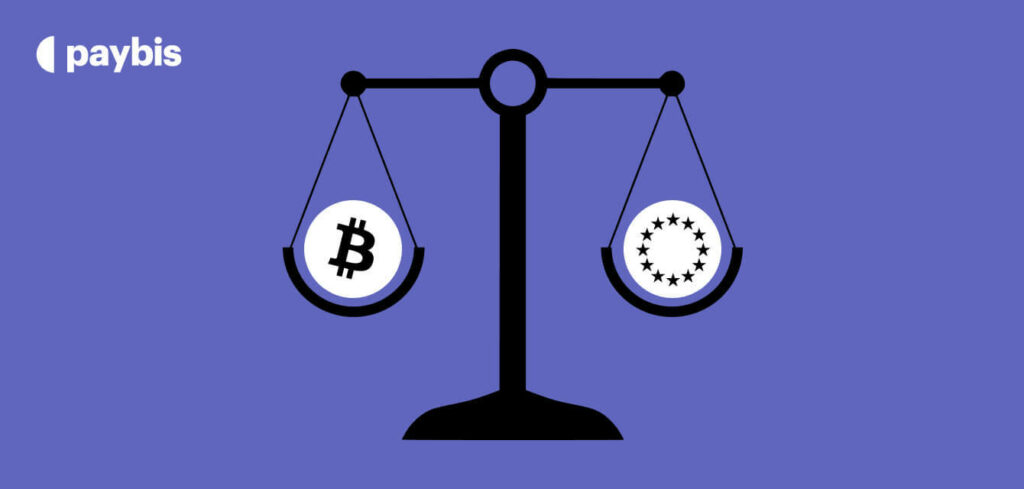Securities and Exchange Commission (SEC)
SEC stands for the U.S. Securities and Exchange Commission. It is an independent federal government agency that enforces security laws, proposes security rules and regulates the securities markets.
Table of contents
What Is the SEC in Crypto?
The Securities and Exchange Commission (SEC) is a key U.S. government agency that regulates the securities industry, including stock markets, investment firms, and, increasingly, cryptocurrencies.
The SEC’s primary role is to decide whether a digital asset is a security. If it is, the project behind it must comply with federal securities laws. This includes registering the asset, providing disclosures, and operating under strict compliance standards
The SEC also investigates fraud, monitors trading platforms, and protects investors from illegal fundraising practices, like unregistered Initial Coin Offerings (ICOs).
Where Did the SEC Come From?
The SEC was created in 1934 as part of the U.S. government’s response to the Great Depression and the stock market crash of 1929. Its mission was to bring order and transparency to financial markets by enforcing rules designed to protect investors and ensure fair play.
Since then, the SEC has evolved with the financial system, most recently expanding its focus to digital assets and blockchain technology. As new fundraising models and tokens emerge in the crypto space, the SEC has stepped in to enforce existing laws in this new context.
Why the SEC Matters in Crypto
The SEC plays a significant role in shaping the future of the crypto industry, especially in the U.S. Some of its most important responsibilities in crypto include:
- Token classification: Determining whether a cryptocurrency or token offering is a security under U.S. law.
- Regulatory enforcement: Prosecuting companies or individuals who violate securities laws through unregistered sales or deceptive practices.
- Exchange oversight: Taking action against platforms that offer trading of unregistered securities without proper licensing.
- Investor protection: Preventing scams, insider trading, or misleading statements in token sales and whitepapers.
The SEC’s regulatory stance can influence market confidence, token prices, and exchange operations. Its decisions have a global ripple effect, especially since many crypto projects target U.S. investors.
SEC vs Crypto: Key Cases and Impacts
Over the years, the SEC has taken legal action against several high-profile crypto projects and companies. Notable cases include:
- Ripple Labs (XRP): The SEC alleged that Ripple sold XRP as an unregistered security. The case triggered widespread debate over how tokens should be classified.
- Coinbase and Binance: Both exchanges faced lawsuits alleging they listed unregistered securities and operated without proper registration.
- ICOs: The SEC has shut down or penalized many projects that raised funds through ICOs without following securities laws.
These actions highlight the SEC’s influence over how cryptocurrencies are developed, marketed, and traded, especially when it comes to investor protection.
FAQ
What does the SEC consider a “security” in crypto?
The SEC often uses the Howey Test, a legal standard from a 1946 U.S. Supreme Court case. According to the test, a token may be a security if it involves:
- An investment of money,
- In a common enterprise,
- With the expectation of profit,
- Derived from the efforts of others.
If a crypto token meets all four criteria, it may be subject to SEC regulation.
Does the SEC regulate all cryptocurrencies?
No. The SEC only regulates digital assets that qualify as securities. It has explicitly stated that Bitcoin is not a security, and Ethereum is generally treated as a commodity (although this is subject to change). However, many altcoins and utility tokens are still under review or legal scrutiny.
How does the SEC affect crypto investors?
The SEC’s decisions can lead to:
- Tokens being delisted from U.S. exchanges
- Decreased access to trading certain assets
- Price volatility due to regulatory uncertainty
- Increased compliance requirements for exchanges and wallets
Although the SEC does not target everyday investors directly, its actions can significantly impact portfolios and market access.
Why do crypto companies fear the SEC?
Many crypto projects operate in a legal gray area. The SEC has been accused of “regulation by enforcement,” meaning it often takes legal action without first providing clear rules. This creates uncertainty for developers, exchanges, and investors.
Is the SEC the only U.S. regulator for crypto?
No. The Commodity Futures Trading Commission (CFTC) also oversees crypto assets it considers commodities, like Bitcoin. Other agencies involved in crypto regulation include:
- FinCEN (anti-money laundering)
- OCC (banking and custody)
- IRS (tax compliance)
However, the SEC is often the most active and influential when it comes to token classification and investor protection.
Disclaimer: Don’t invest unless you’re prepared to lose all the money you invest. This is a high‑risk investment and you should not expect to be protected if something goes wrong. Take 2 mins to learn more at: https://go.payb.is/FCA-Info


